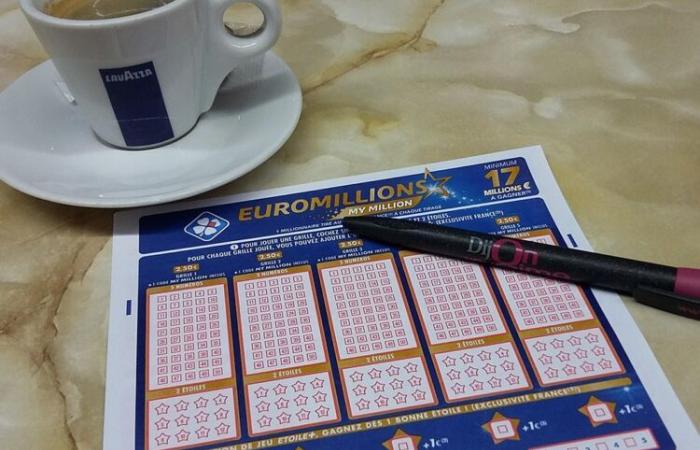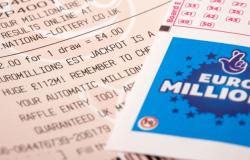
The French are more and more numerous to try their luck with games of money and chance, whether it be lotto, sports betting, or even scratch games. According to a study carried out by the French observatory of drugs and addictive trends, published in July 2024, “Almost half of the French major population has played a game of money and chance in the last 12 months (47.0 % among 18-75 year olds in 2019), as well as more than a quarter of 17-year-olds (27.5 % in 2022).” On March 28, a lucky one won the Euromillions jackpot, or 250 million euros, discovering the right combination in the draw. But when you earn such a sum of money, a frequent question arises: should it be declared at taxes? A question all the more relevant since the income declaration campaign opened on April 10.
Game gains are not taxable
The answer is no. Indeed, as recalled RMC CONSO, “In France, whatever the amount gained in a scratch or money game, such as Euromillions or Loto, it is not subject to income tax.” The Ministry of the Economy then considers that these gains are the result of a rare chance and are therefore not subject to tax. In addition, in 1980, the Council of State affirmed that the sum of money won thanks to horse racing was not taxable, even if it “became greater than the amount of the other income from the taxpayer”.
On the other hand, all the interests generated by these gains, and all the capital gains obtained thanks to investments or investments, are taxable. If the individual concerned wishes to donate this sum or part of this sum, to relatives as well as to associations, “He must imperatively submit to transfer duties that apply to all donations”. The tax rate then varies according to the kinship link. Regarding professional players, another tax system applies. Indeed, gains must be declared as income in the non -commercial profits category (BNC) of their annual declaration.







